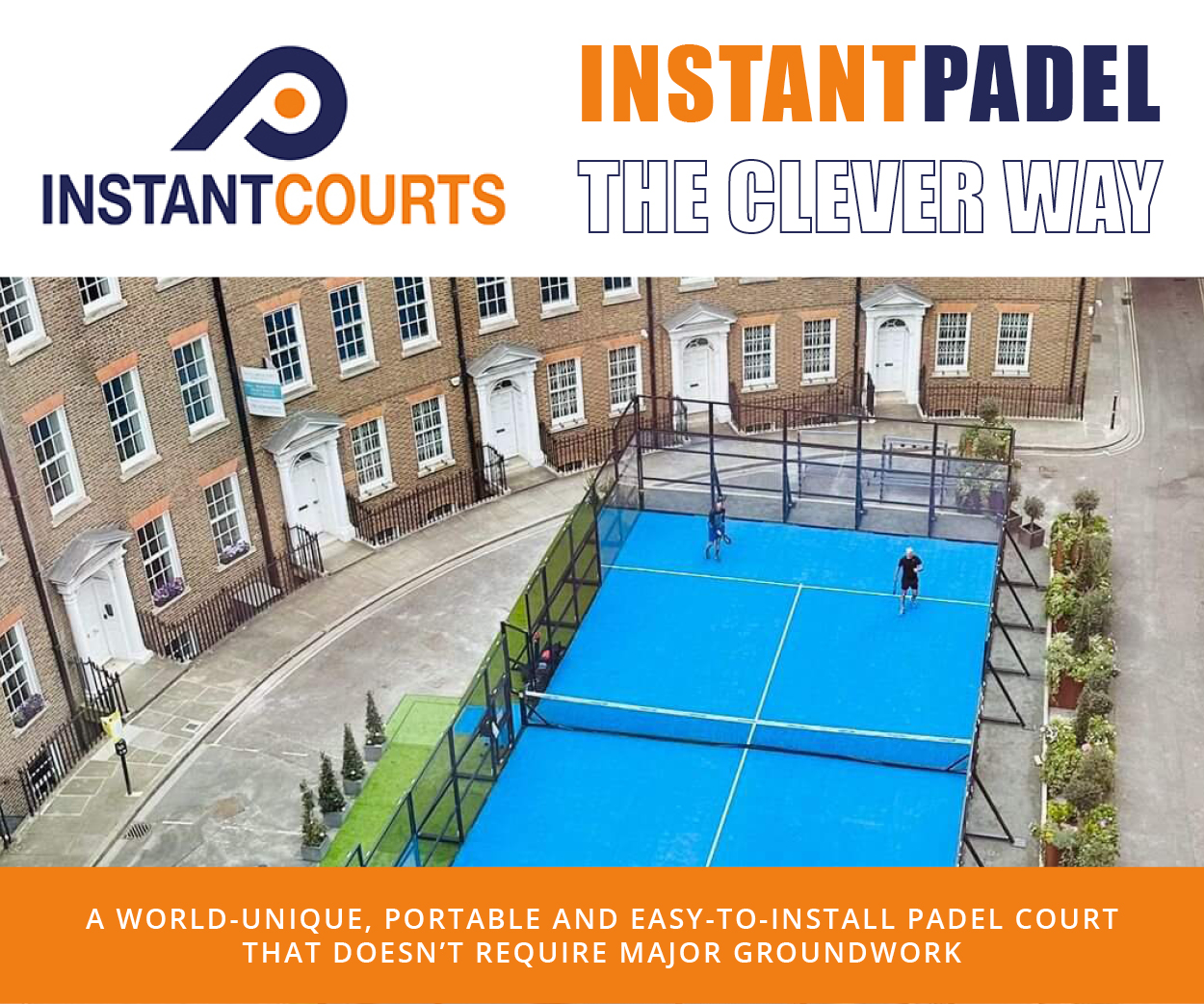The Lawn Tennis Association is working with Manchester City Council on a blueprint for streamlining relationships between local authorities and padel operators.
Operators wanting to meet the growing demand for padel across the UK have expressed frustration at the inefficiencies of the planning process, which they say has been a handbrake on the growth of the sport in many areas.
As padel’s national governing body in the UK, the LTA are seeking to change this. They have formed a local stakeholder group in Manchester, helping to make sure padel fits into local plans around sport, health and facility investment, and using demographic research to identify sites where padel facilities would be accessible and sustainable, and reach as many members of the local community as possible.
It’s hoped this collaborative process will scale to other areas of the country, opening up more informed conversations between local authorities and padel operators, and easing interactions thereafter when it comes to the planning process.
The Manchester project involved the LTA’s Head of Delivery for North and Midlands West, Sam Foakes, as well as representatives of different departments of Manchester City Council, Manchester Active and GLL (the leisure operator across the city).
Foakes told The Padel Paper: “Everybody was in the room from the start shaping the plans, so that all elements of the padel strategy would be represented in one place. The working group identified that the strategy must complement local priorities.”
The group conducted a demand analysis in four areas across the city to understand how many courts could be sustained. They then identified sites in those areas that could be suitable for the development of padel courts – a mixture of leisure sites, potential club venues and park venues. They also analysed what the ‘imported demand’ might be, using drive time analysis from the local population.

Their research identified that the population of Manchester could sustain 42 courts (N.B. the metropolitan borough of Manchester, not the wider Greater Manchester area including the other nine boroughs). Armed with that research, the group then presented the opportunities to the padel market.
Foakes said: “We’ve built a plan for padel across the city and presented that information to the padel market, asked for expressions of interest and further conversations. This will help to make sure there’s an even spread of provision and good coverage. The dialogue was really proactive and helps the city to understand where they might want to invest or open up opportunities for operators to invest.”
Conversations are ongoing with other borough councils within Greater Manchester, as well as Birmingham, Newcastle Under Lyme and other local authorities nationally.
Foakes added: “I’m very aware that one of the key challenges for operators is planning pushback and issues. Councils are clearly a key player within the planning conversation, so the opportunity to work collaboratively with a council from the earliest stage in the process makes total sense. As a local LTA delivery team we are able to proactively support in this area.”
“If padel isn’t included in local authorities’ strategies around playing pitches or built facilities, the starting point for conversations with them is quite hard. But by being involved in plans with councils early on, operators can get a better understanding of where there may be opportunities to build, but also work collaboratively with councils to meet some of their shared aims. It will help open up conversations around planning, potential feedback into planning applications and around how it can complement their local strategy.”
Steve Yeardley, the LTA’s Padel Manager, said: “This strategic approach allows us to have far greater and more impactful conversations with our local councils and other key stakeholders. Alongside this, we will continue to use an analytical tool which can model the demography and demand around specific locations to ensure project viability and long-term success. This will enable us to have informative, proactive conversations with the operators around potential sites and/or locations, in turn allowing us all to have the greatest impact on participation within those communities.”










































